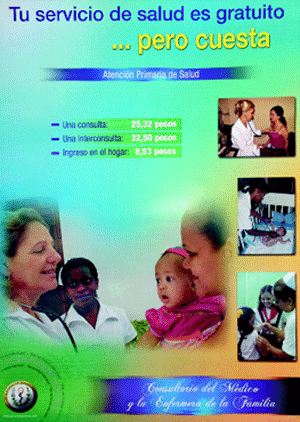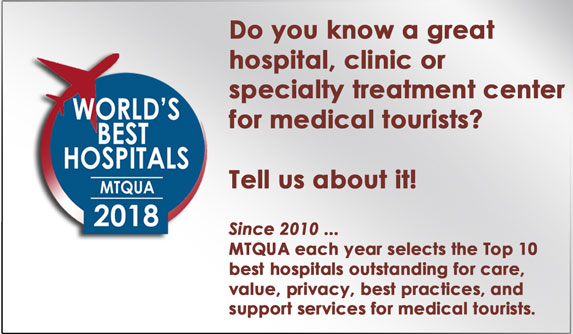 As Cuban medicine has been in the news recently, some wonder if Cuba has become any closer to being a viable medical travel destination.
As Cuban medicine has been in the news recently, some wonder if Cuba has become any closer to being a viable medical travel destination.
Venezuelan President Chavez has been treated for cancer in Cuba several times in the past few years. Cuban scientists are engaged in late-stage clinical trials in Europe for Heberprot-P, considered a potentially revolutionary medicine for diabetic foot ulcers.
The current issue of the New England Medical Journal presents a review of medical care in Cuba and the strengths of the Cuban health care system.
Authors Drs. Campion and Morrissey write in the NEJM that Cuba’s health care system has many admirable qualities, especially in its focus on prevention, primary care and community monitoring. They say “despite its limited economic resources, its health care system has solved some problems that ours [American health care] has not yet managed to address.”
“This highly structured, prevention-oriented system has produced positive results. Vaccination rates in Cuba are among the highest in the world. The life expectancy of 78 years from birth is virtually identical to that in the United States. The infant mortality rate in Cuba … is lower than the U.S. rate.”
But does this qualify Cuba to be a medical destination for international traveling patients?
Medical technology in Cuba
The authors describe a low-tech primary care system that relies on house calls by community health teams to enforce compliance or follow up. Medical records are handwritten and kept in cardboard folders. There is no consumer choice and no private alternatives to the government system. Technical resources are limited, with few hospitals having CT scanners or MRI machines, and even fewer with recent, higher resolution models. Operating rooms have very little technology.
Drugs in Cuba
As a result of the strict economic embargo by the US, Cuba has been forced to develop its own pharmaceutical industry. It manufactures most basic medications and vaccines which they use domestically but also export. Though drug manufacturing quality is regulated by the government, quality controls and standards are not transparent. It imports relatively few drugs.
The World Health Organization reports that, in most developing countries, drug regulation is very weak, and the safety, efficacy and quality of imported or locally manufactured drugs cannot be assured. Typically, about 20% of tested drug products fail to meet quality standards.
The Cuban state supports biotechnology research, and there is some exporting of pharmaceuticals. Cuba does not report its revenues from drug exports and various licensing agreements and joint ventures in countries such as Iran, India, China and Brazil. According to the government, revenues from the export of pharmaceuticals and medical equipment exceeded US$500m in 2011.
It seems this rudimentary health care system still leaves much to be desired before Cuba becomes a medical destination that might attract medical tourists.
What has been your experience with Cuba as a medical destination?

 >
>